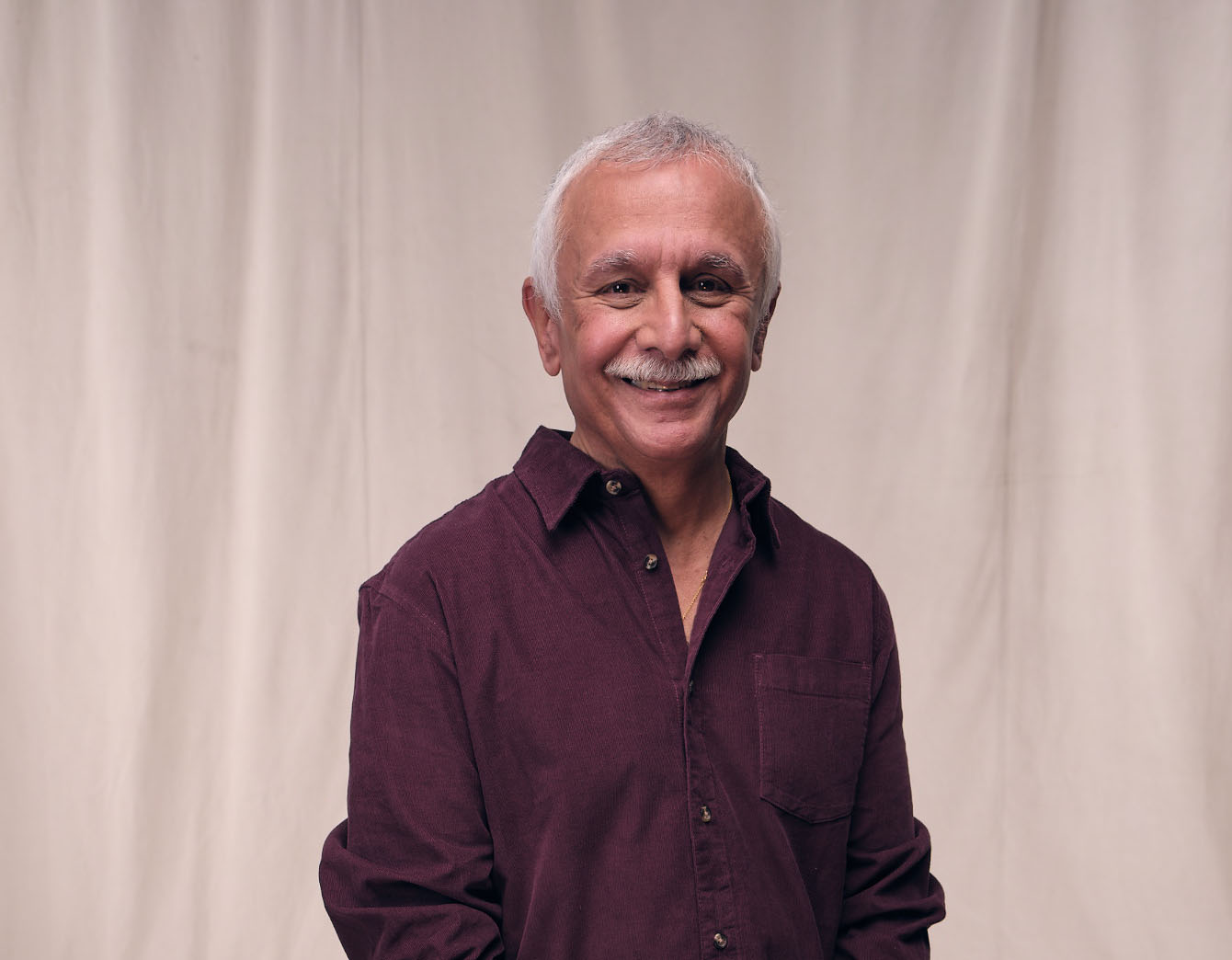Living with one kidney
CAN I LIVE WITH ONE KIDNEY AFTER DONATION?
Our kidneys perform many functions that are vital to good health. Most people are born with two kidneys, however you can still live a healthy life with one kidney. In fact, it is not unusual to have only one kidney to do the work of two.
Some people are born with a single kidney. Some people can live many years without even noticing they only have one kidney until it is discovered in later life. Others must have a kidney surgically removed for medical reasons, such as injuring it after an accident, or if they develop a tumour.
And some people may have received a kidney from a living or deceased donor (in a kidney transplant operation), after their own kidneys have failed.
Then there are those who have donated one of their kidneys to a loved one, or another person with kidney failure (in a kidney transplant operation).
HOW IS LIFE WITH ONE KIDNEY DIFFERENT?
As long as they have a normal, healthy lifestyle, most people can live perfectly well with one kidney and should be able to do everything they could before. However, a single kidney needs a bit more protection than two kidneys, to make sure it keeps working at its top capacity.
Single kidneys tend to grow faster and get larger than a pair of kidneys, and so it can be easier to accidentally damage them – especially during some sports. People who participate in heavy-contact sports like football or hockey are encouraged to seek medical advice first, and to always wear protective padding.
Transplanted kidneys are also less protected than other kidneys because they are usually placed into the pelvis, rather than their normal home in the back.
CAN ONE KIDNEY SOMETIMES DO THE WORK OF TWO?
Tests have shown that some people who have had one kidney removed can have increased function in their remaining kidney. These increased function levels can equate to around 70 per cent of that normally achieved by two.
If someone is born with a single kidney, their overall kidney function is often normal.
HOW OFTEN SHOULD SOMEONE WITH ONE KIDNEY SEE THEIR GP?
People with one kidney should have their kidney function checked yearly, including a blood pressure reading and urine test, as part of an annual check-up.
LIVING WITH ONE KIDNEY DIET
In general, people with one healthy kidney don’t need special diets. However, it’s always good to:
Have a healthy, well-balanced diet.
Reduce your salt intake.
You can learn more about how to stay fit and healthy on our page about improving kidney health here.
YOUR MENTAL WELLBEING
Living with one kidney can sometimes have emotional implications, especially if you have received a kidney from someone, or if you have donated one of your kidneys.
Your mental health is just as important as your physical health. It can help to talk to other people in a similar situation, or explain how you’re feeling to friends and family.
You could also ask your kidney unit to put you in touch with a professional counsellor or social worker, as they understand what you are going through and are trained to help.
ARE THERE LONG TERM PROBLEMS AROUND LIVING WITH ONE KIDNEY?
Donating a kidney can lead to a slight increase in blood pressure over time. While this is rare, some donors might experience issues like pain, nerve damage, hernias, or intestinal blockages. However, the majority of donors don’t face any long-term problems at all.
For more information on the potential long term risks of donating a kidney, visit our dedicated page here.
LIFESTYLE TIPS FOR HEALTHY LIVING WITH ONE KIDNEY
EXERCISE AND PHYSICAL ACTIVITY
Exercising regularly is important for staying healthy and can help lower the risk of long-term illnesses.
Most people can return to normal activities like walking and other light exercise around two to six weeks after their kidney donation. By six weeks after the donation, most people can gradually start increasing their level of activity with moderate exercise such as brisk walking, jogging, swimming or cycling.
Always talk to your doctor before starting new exercises.
MAINTAIN A HEALTHY WEIGHT
Being overweight can raise the chance of high blood pressure and other health issues, which can add stress to your kidney. It’s important to stay at a healthy weight by eating a balanced diet and exercising regularly.
AVOIDING RISKY BEHAVIOURS
Smoking can harm your health and especially your kidneys. If you have only one kidney, it’s important not to smoke because it can raise blood pressure and damage blood vessels, putting more stress on your kidney.
Quitting smoking can greatly improve your health and lower the risk of kidney problems, helping to keep your kidney working well and support a healthier life.
Drinking too much alcohol can harm your kidneys. Alcohol can cause dehydration, which is hard on the kidneys because it upsets the balance of fluids and electrolytes. Over time, heavy drinking can seriously damage the kidneys and raise blood pressure. To stay healthy, it’s best to drink alcohol in moderation and talk to a doctor for advice based on your health.




